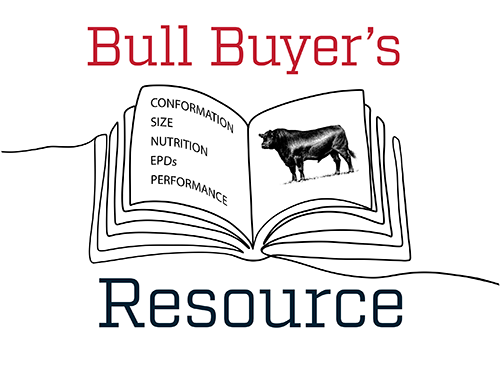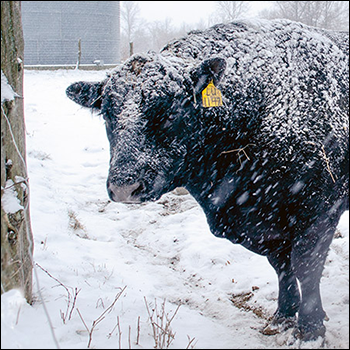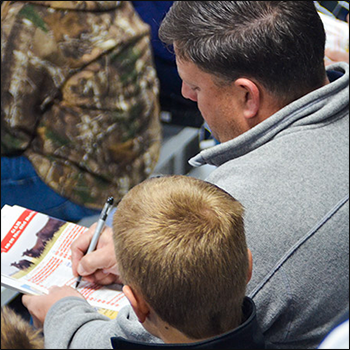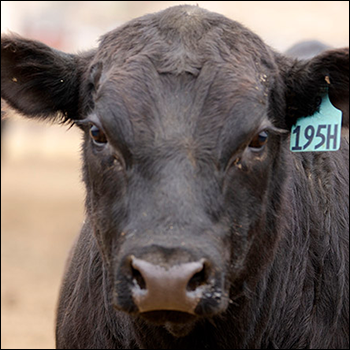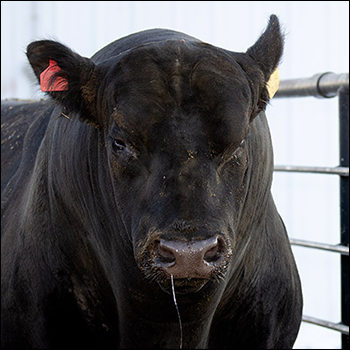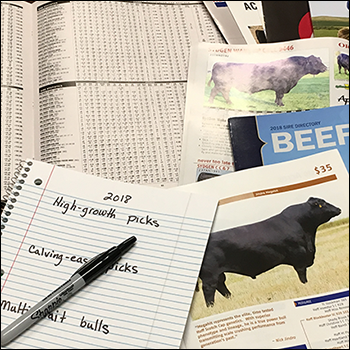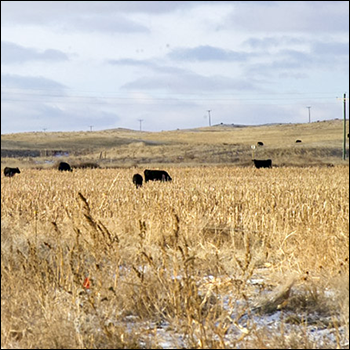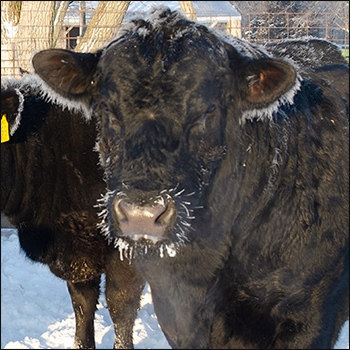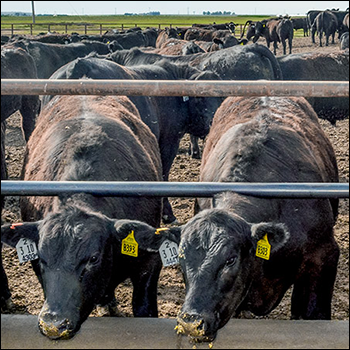News & Notes
Industry tidbits from around the country.
Helping cattlemen struck by disasters
The Kentucky Cattlemen’s Foundation is collecting donations to provide relief from the tornadoes in mid-December. Donations for local producers in need of farm supplies can be mailed to KY Cattlemen’s Foundation, Attn.: Tornado Relief, 176 Pasadena Dr., Suite 4, Lexington, KY 40503. To donate materials, call the Hardin County Extension office at 270-765-4121.
The Kansas Livestock Association and the Kansas Livestock Foundation will be assisting in the efforts to support ranchers affected by numerous fires and high winds across the state Dec. 15. 100% of all donations will be distributed to producers affected by the weather event. Membership will not be required to receive funds.
To provide monetary donations, click here.
National Angus Bull Sale
The 2022 National Angus Bull Sale will be Friday, Jan. 7, at 2 p.m. in the Super Barn Sale Arena during the Cattlemen’s Congress in Oklahoma City, Okla. All consignments will be genomic-tested, will possess a complete set of expected progeny differences (EPDs) and dollar value indexes ($Values), and must be free of any genetic conditions recognized by the American Angus Association.
All bulls born before Jan. 1, 2021, will have passed a complete breeding soundness examination (sometimes referred to as a BSE), physical and semen, within 30 days of the sale.
For more information about the sale, contact sale managers Jeff Mafi (816-344-4266 or jmafi@angus.org) or Alex Tolbert (706-338-8733 or atolbert@angus.org).
National Cattle Evaluation
Updates to online EPDs and $Values were released Dec. 10, 2021, and included updated percentile tables, breed averages and revised Main and Supplement sire listings to be published in the printed version of the Sire Evaluation Report. Visit www.angus.org/nce/ for more information.
Angus offers summer internships
Jan. 10 is the deadline for summer internships with the American Angus Association, Angus Genetics Inc. (AGI) and Angus Media.
The Association and its entities offer opportunities for college students to further their education and gain experience with the world’s leading beef cattle association. Paid summer internships offer students an opportunity to build upon writing, editing, photography and organizational abilities while developing industry knowledge. The internships being offered are:
- ANGUS MEDIA: Two writing-intensive opportunities — one focused on the seedstock audience and one focused on the commercial audience — offer the chance to participate in producing publications, including the Angus Journal, Angus Beef Bulletin, Angus Beef Bulletin EXTRA, AJ Daily, editorial websites and social media.
- COMMUNICATIONS: From print stories to video scripts, photography, graphic design and more, the communications intern will gain valuable ag communications experience.
- EVENTS AND EDUCATION: The intern will assist in planning and executing youth events hosted by the National Junior Angus Association (NJAA), including preparations, correspondence and coordination for junior shows and events.
- AGI: Students pursuing their master’s degree or doctorate in animal breeding and genetics can apply for the AGI summer internship. The intern will have the opportunity to work with one of the world’s largest beef genomic databases.
To apply, upload your résumé, cover letter and references to the career center at www.angus.org/careers by Jan. 10. Visit the website for full internship descriptions and requirements.
Regional manager internship
The American Angus Association’s field services team is offering a fall internship designed to enhance a student’s abilities to build effective relationships, craft a promotional strategy and learn about the Angus business and cattle industry.
From assisting with herd visits to securing advertising for the Angus Journal and Angus Beef Bulletin to providing insight to producers and more, the regional manager intern will gain valuable hands-on, real-world experience in the Angus business. Applicants should have a basic understanding of the cattle industry, be eager to learn and have a willingness to travel.
Applications are being accepted from college juniors or seniors studying animal science, ag business or other ag-related majors. Candidates should be outgoing, able to work well with all types of people and a self-starter.
The internship begins in August and extends through early December. The intern would be based at the American Angus Association headquarters in Saint Joseph, Mo., with opportunities to travel.
Students who wish to apply should upload their résumé, cover letter and references to the career center at www.angus.org/careers by April 1. Visit the website for full internship descriptions and requirements.
USDA awards funds for market development
USDA’s Foreign Agricultural Service (FAS) has awarded fiscal year (FY) 2022 funding to more than 60 U.S. ag organizations to help expand commercial export markets for U.S. goods.
Under the Market Access Program (MAP), FAS will provide $175.6 million for FY 2022 to 67 nonprofit organizations and cooperatives. These organizations use the funds to support U.S. producers with marketing and promotion activities around the globe, including market research, technical assistance, and support for participation in trade fairs and exhibits. The average MAP participant provides more than $3.50 in contributions for every $1 in federal funding it receives through the program.
Under the Foreign Market Development (FMD) Program, FAS will allocate $26.8 million for FY 2022 to 21 trade organizations that represent U.S. ag producers. The program focuses on generic promotion of U.S. commodities, rather than consumer–oriented promotion of branded products. Preference is given to organizations that represent an entire industry or are nationwide in membership and scope. The organizations, which contribute on average more than $2.50 for every $1 in federal funding they receive through the program, will conduct activities that help maintain or increase demand for U.S. ag commodities overseas.
An independent study released in 2016 found that MAP and FMD provide $28 in export gains for every $1 spent by government and industry on market development.
Ag exports have grown significantly during the past decades, becoming an increasingly important component of the ag industry and accounting for 20% of U.S. production. From 2000 to 2020, U.S. ag exports grew from $56 billion to $150 billion. It is estimated that U.S. ag exports supported nearly 1.1 million full-time jobs in 2019.
USDA has published the list of organizations that will receive fiscal year 2022 MAP awards and FMD awards. To learn more about MAP, FMD and other FAS programs, visit www.fas.usda.gov.
USDA food purchase program to ‘transform the food system’
USDA Dec. 6 announced the establishment of the Local Food Purchase Assistance Cooperative Agreement Program (LFPA) that will award up to $400 million for emergency food assistance purchases of domestic local foods.
According to a USDA news release, “Utilizing American Rescue Plan funds, these purchases will help transform the food system and build back a better food system — one that is fair, competitive, distributed and resilient because the purchases will expand local and regional markets and place an emphasis on purchasing from historically underserved farmers and ranchers.”
The awards will be made through noncompetitive cooperative agreements with state and tribal governments. Eligible state and tribal governments can apply until April 5, 2022, at www.grants.gov.
USDA’s Food and Nutrition Service also announced availability of up to $50 million in funds provided by the American Rescue Plan for The Emergency Food Assistance Program (TEFAP) Reach and Resiliency Grants to state agencies to expand program access in rural, tribal and other currently underserved areas. These grants and the LFPA are both part of USDA’s ongoing support for food banks and the broader emergency food system.
The investments are part of USDA’s Build Back Better Food System Transformation initiative authorized by the American Rescue Plan, and are among the programs derived from a $1-billion investment announced earlier this year to serve as a bridge from the immediate need to provide producers with support via the Pandemic Assistance Initiative to longer-term investments in food system transformation.
The cooperative agreements are to help state, tribal and local entities purchase food more efficiently from local producers and invest in infrastructure that enables partner organizations to reach underserved communities more effectively.
The cooperative agreements — managed by USDA’s Agricultural Marketing Service — will provide organizations the flexibility to design food purchasing programs and establish partnerships with farmers and ranchers within the state or within 400 miles of the delivery destination that best suits their local needs, accommodates environmental and climate conditions, accounts for seasonal harvests, and meets the needs of the population within their service area.
State and tribal governments can partner with nonprofits and will be required to submit proposals indicating how they will use the funds to purchase commodities to support local, regional and historically underserved farmers and ranchers within their states or region.
Cooperative agreements will be awarded based on need and the ability to meet the goals of the program. The period of performance for the cooperative agreements will be for up to two years following the date of award, to include two harvest seasons.
More information about the LFPA is available at www.ams.usda.gov/selling-food-to-usda/lfpacap.
Farm labor app, AgButler, debuts collegiate ambassador program
AgButler debuts a collegiate ambassador program to give back to students who serve daily as advocates for ag. The gig economy platform is in the connections business and serves as a solution to the rural labor shortage in America. Ambassadors will be tasked with helping connect laborers and employers within the app using their own personal network.
“The purpose of this inaugural collegiate ambassador program is to encourage the next generation of young people, passionate about agriculture, to stay invested in production agriculture and their rural communities,” said Kevin Johansen, founder and CEO of AgButler. “The AgButler platform directly stems from the means of which put me through college and young adulthood as a day laborer on cattle operations across the country. My vision is for the platform to connect agricultural communities and be a tool for revitalization in rural America.”
The competitive program will select 10 participants composed of two individuals from each of five regions. The ambassadors will each receive a $500 scholarship with the potential for one ambassador to earn a $1,000 scholarship if they aid in the most connections. Each ambassador will then be given the opportunity to use their voice to help share the AgButler platform with their region.
Applicants can find the application at www.AgButlerApp.org. Applications are due Jan. 1, 2022. Ambassadors selected will be contacted by Jan. 15 and will serve through May 15.
Dean Linton to transition to K-State
College of Agriculture and Life Sciences Dean Richard Linton has announced that he will step down from his position at North Carolina State University in mid-February 2022 to become the president of Kansas State University.
Linton joined NC State as dean of the College of Agriculture and Life Sciences in 2012. Since that time he has grown the college to 294 faculty in 12 different departments, more than 2,700 undergraduate students and more than 1,000 graduate students. Under Linton’s direction, the college developed a strategic plan focused on building people, programs and partnerships.
Prior to joining NC State, Linton served as department chair of food science and technology at the Ohio State University from 2011 to 2012, and as a faculty member of the Department of Food Science at Purdue University from 1994 to 2011.
An announcement will be made soon about the appointment of an interim dean, and a national search for a permanent dean is expected to begin in fall 2022.
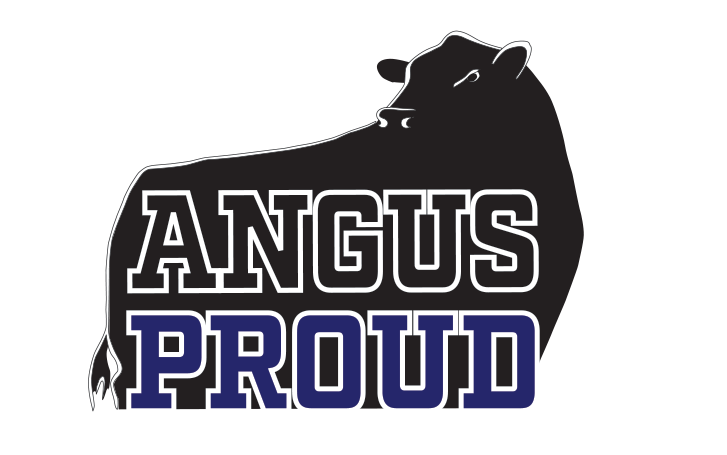
Angus Proud
In this Angus Proud series, Editorial Intern Jessica Wesson provides insights into how producers across the country use Angus genetics in their respective environments.
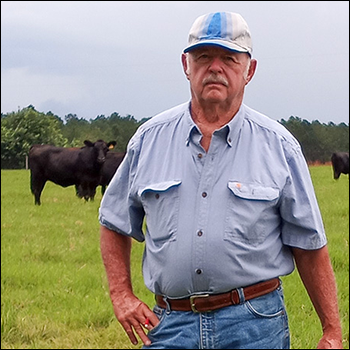 Angus Proud: Bubba Crosby
Angus Proud: Bubba Crosby
Fall-calving Georgia herd uses quality and co-ops to market calves.
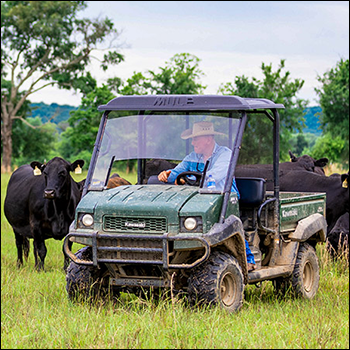 Angus Proud: Jim Moore
Angus Proud: Jim Moore
Arkansas operation retains ownership through feeding and values carcass data.
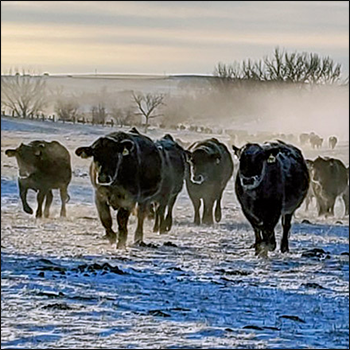 Angus Proud: Les Shaw
Angus Proud: Les Shaw
South Dakota operation manages winter with preparation and bull selection.
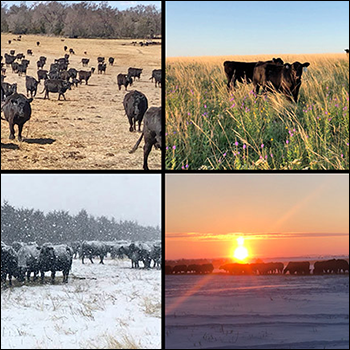 Angus Proud: Jeremy Stevens
Angus Proud: Jeremy Stevens
Nebraska operation is self-sufficient for feedstuffs despite sandy soil.
